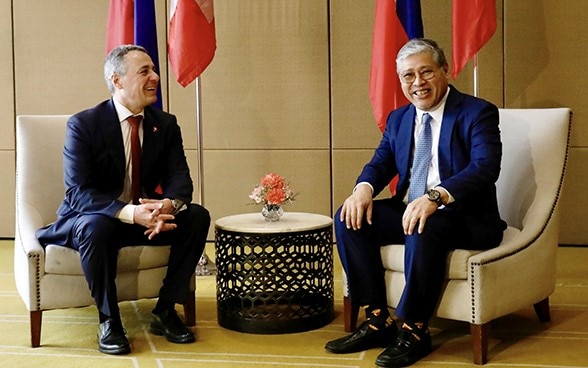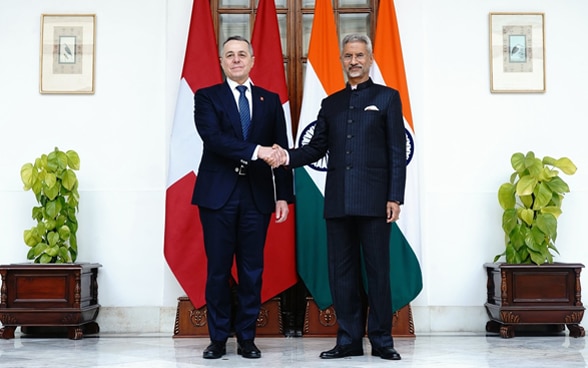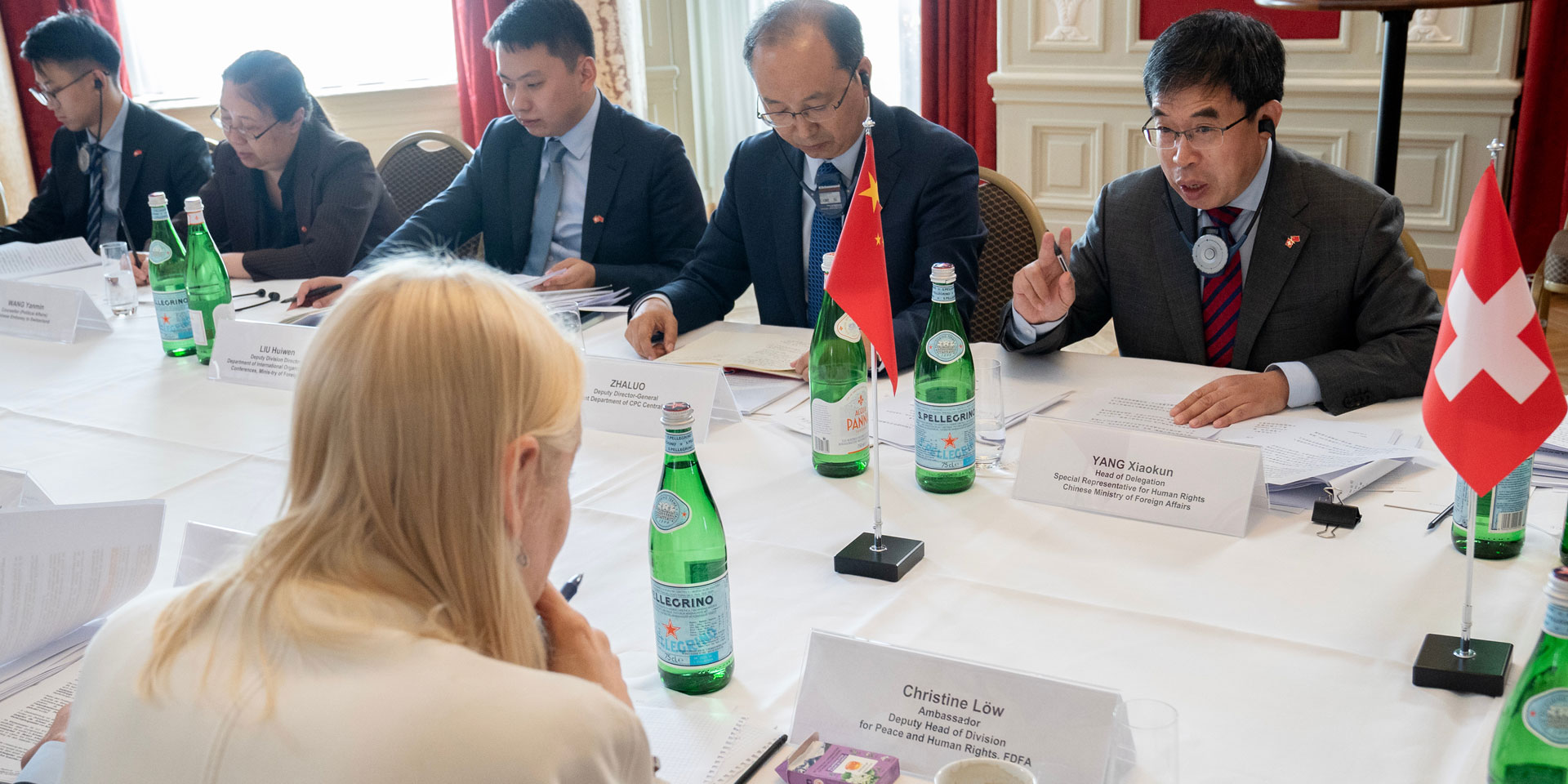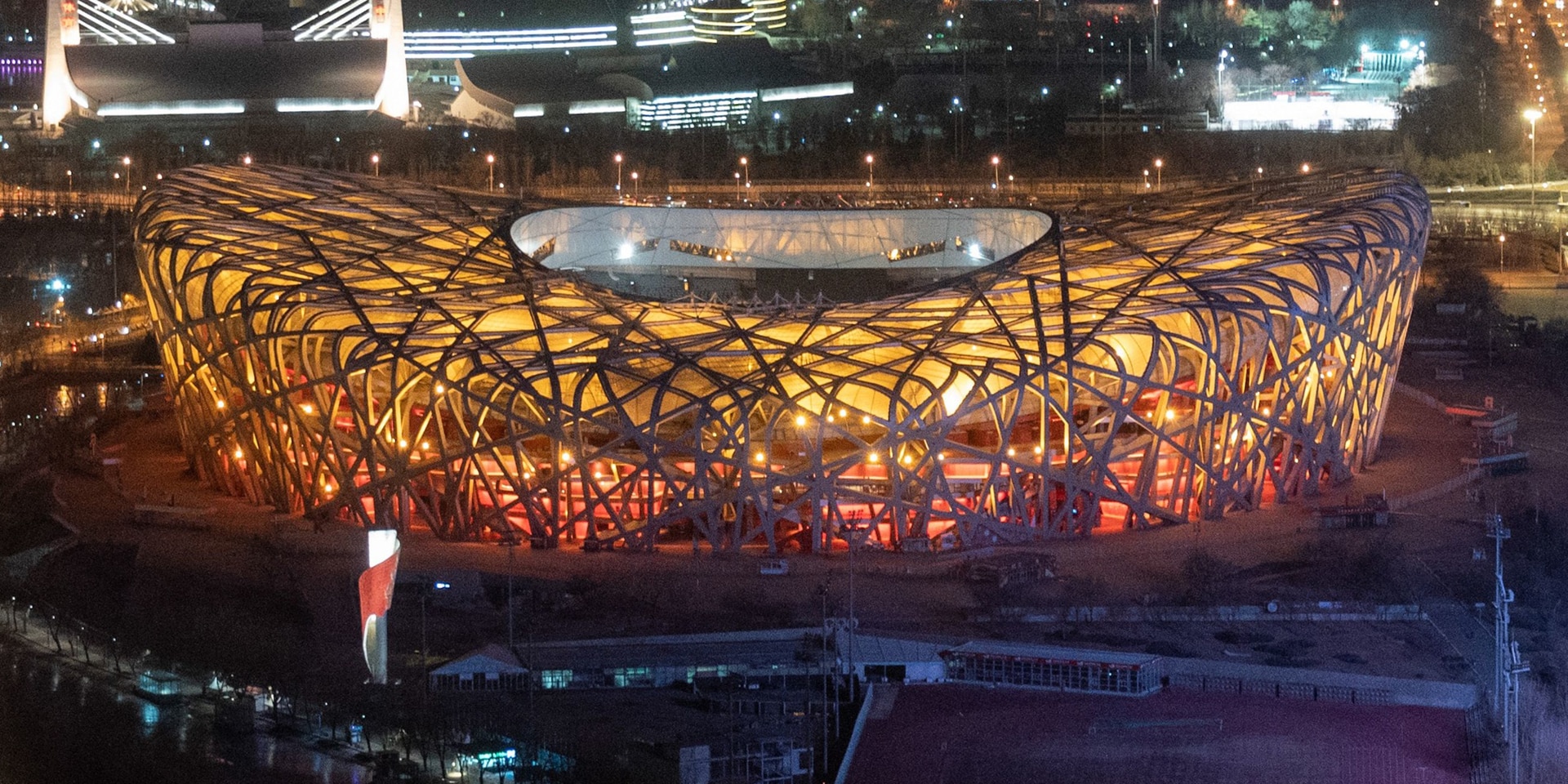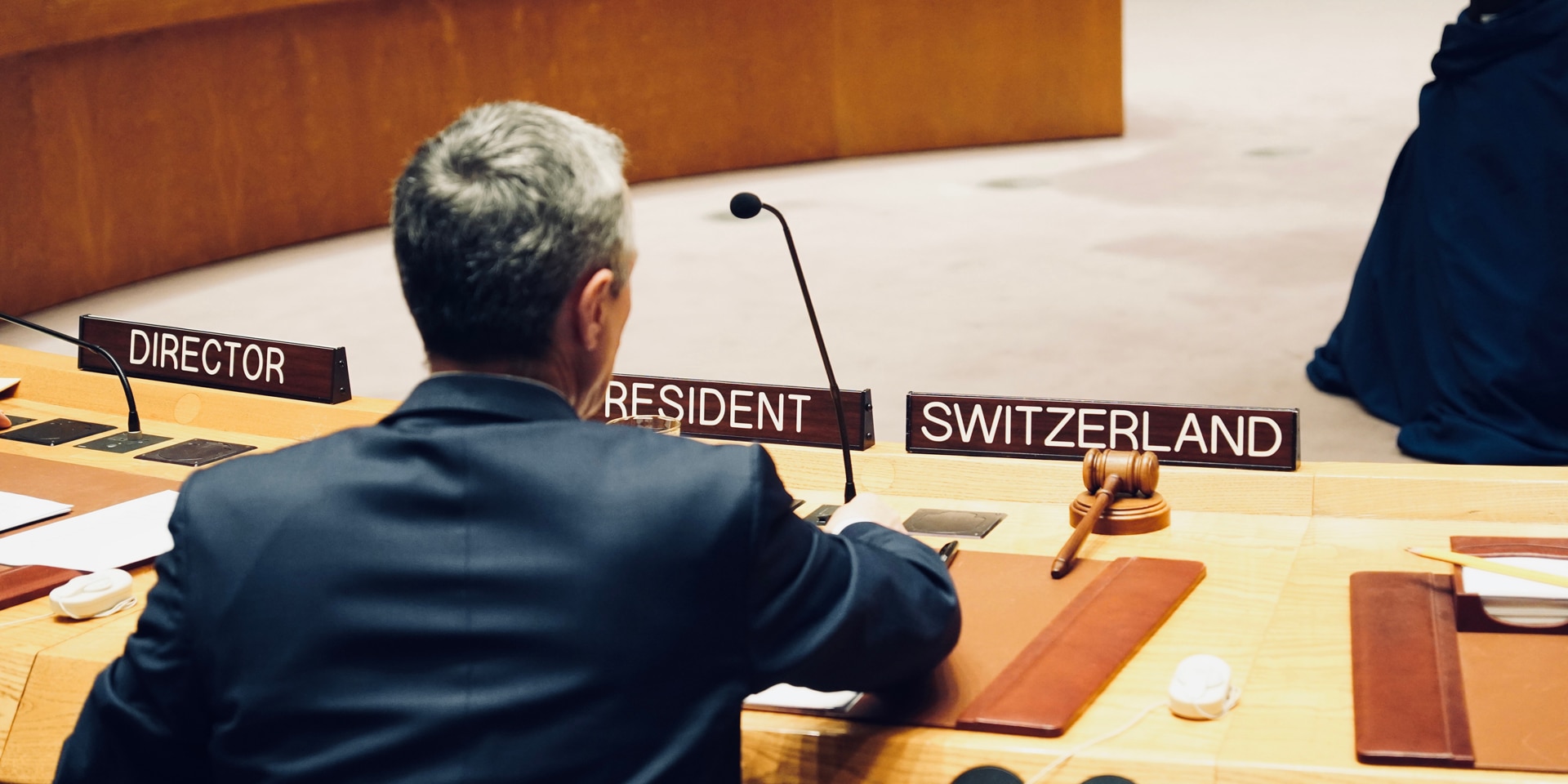What does the annual strategic dialogue between Switzerland and China involve?
Relations between Switzerland and China are based on an 'innovative strategic partnership' that has led to the establishment of multiple channels for dialogue. Among these, the strategic dialogue between the foreign ministers of the two countries stands out. This annual meeting is designed to address current issues and themes that are integral to bilateral relations and are embedded in the Federal Council's China Strategy. The visit by the head of the FDFA marks the renewed use of this key diplomatic instrument. His upcoming meeting with Mr Wang Yi will be the third strategic dialogue since they were suspended in 2019 because of the pandemic. A critical and constructive approach that facilitates the discussion of differences in values between the two countries is the cornerstone of the strategic dialogue. At this time of geopolitical tension and polarisation, this meeting is of critical importance to Swiss foreign policy.


